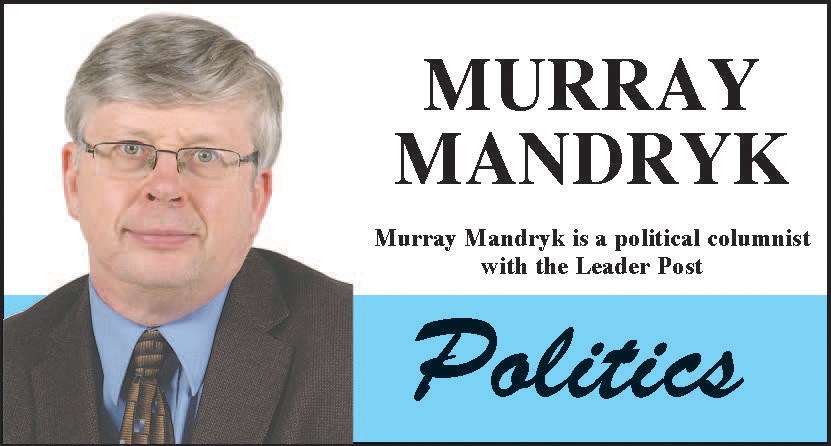The problem with politics is … well … the politics.
Or so we are again reminded as we head into another provincial election and, possibly, a federal election.
Caught in the middle are Saskatchewan farmers struggling to get through harvest. And not even the prospects of a ruling by the highest court on the validity of the federal carbon tax can offer them much solace.
Harvest is generally going well in what’s been a reasonably warm and dry fall, but that doesn’t mean that grain dryers aren’t necessary. Those dryers are powered by propane, which, of course has been subjected to the carbon tax for a year and a half now.
Those in rural Saskatchewan need not be told about the stress that accompanies harvest’s demands to get the crops off the field as quickly and efficiently as possible before moisture downgrades value.
It is a business where the profit margins begin to significantly narrow at this time of year. Adding unnecessary tax costs to the need to dry grain is just one of those things that seems particularly unfair.
Of course, there are easy solutions.
If last week’s Supreme Court of Canada ruling overturns the May 2019 federal Saskatchewan Court of Appeal that upheld federal carbon pricing, then the carbon tax would immediately be removed. Unfortunately, there is no guarantee that the high court will rule in that way - especially given the lower court loss. Moreover, it may take months for the court to review all the factors in the case, which is of no immediate help to stressed out farmers.
Of course, there are more immediate political solutions:
The Saskatchewan Party government could play ball and refund this specific tax to farmers for their propane. In fact, all Saskatchewan governments have long removed the provincial sales taxes on input cost like fuel, fertilizers and chemicals. To refund the carbon tax to farmers would just be a logical extension of what’s already done.
Moreover, the revenue collected by the federal government for carbon pricing is returned to the province (or directly returned to provincial residents through income tax rebates). Revenue neutrality is supposedly part of this tax.
Or Prime Minister Justin Trudeau could simply recognize the inherent unfairness and uselessness of applying carbon pricing to propane for grain drying and order the federal government to not apply the tax.
Propane and natural gas are unlike gasoline and diesel when it comes to greenhouse gas emissions, anyway. (Remember? The intent of all this is to supposedly reduced GHGs?)
One could go on at great length how the overall concept and structure of this particular brand of federal carbon pricing does not effectively discourage CO2 emissions anyway.
If the federal government were truly serious about GHG reductions, one supposes it would heavily tax cars in cities, airports and airline travel in cities … or the vast amount of cement in cities that all account far more to global warming than your cows flatulating in the pasture.
But more people vote in cities, so no government is interested in doing that.
There again, it sure does seem that Premier Scott Moe - who is now running a provincial re-election campaign that seems more about running against Justin Trudeau than NDP leader Ryan Meili - wants a solution that would help farmers if it’s also one that would help Trudeau and his policies.
There is an age-old tradition of Saskatchewan governments fighting with Ottawa - sometimes, more for their own political benefit than the people’s benefit.
And Trudeau - also possibly heading to the polls soon in the hopes of turning his minority into a majority - sure doesn’t want a co-operative solution that looks like its a concession to Western premiers.
Caught in the middle are farmers who are just trying to get through harvest.
Ain’t politics grand?
Murray Mandryk has been covering provincial politics since 1983.



